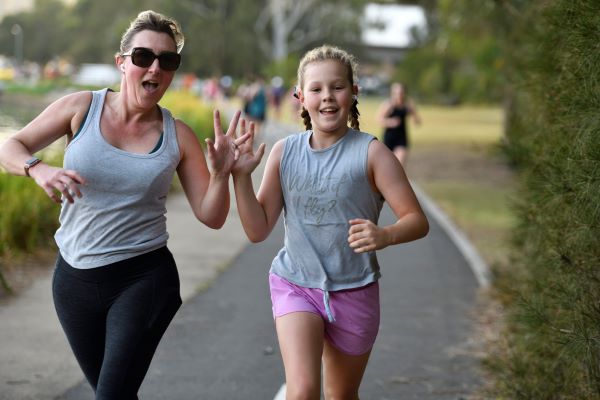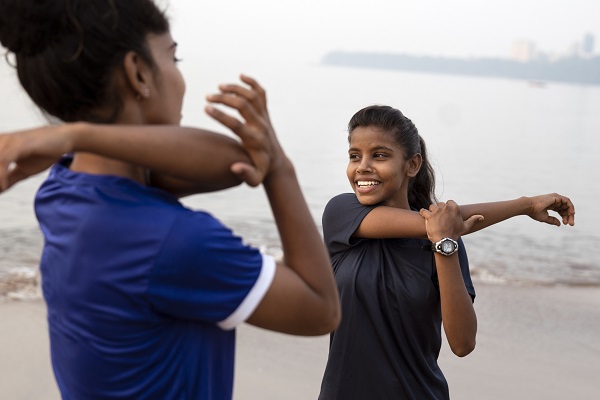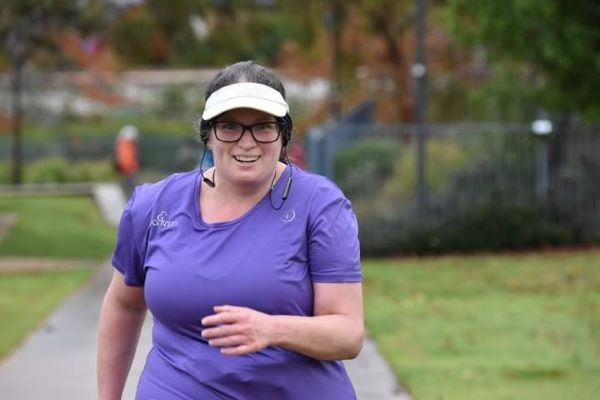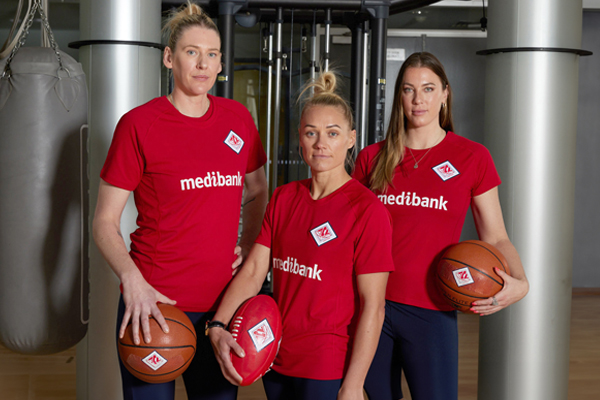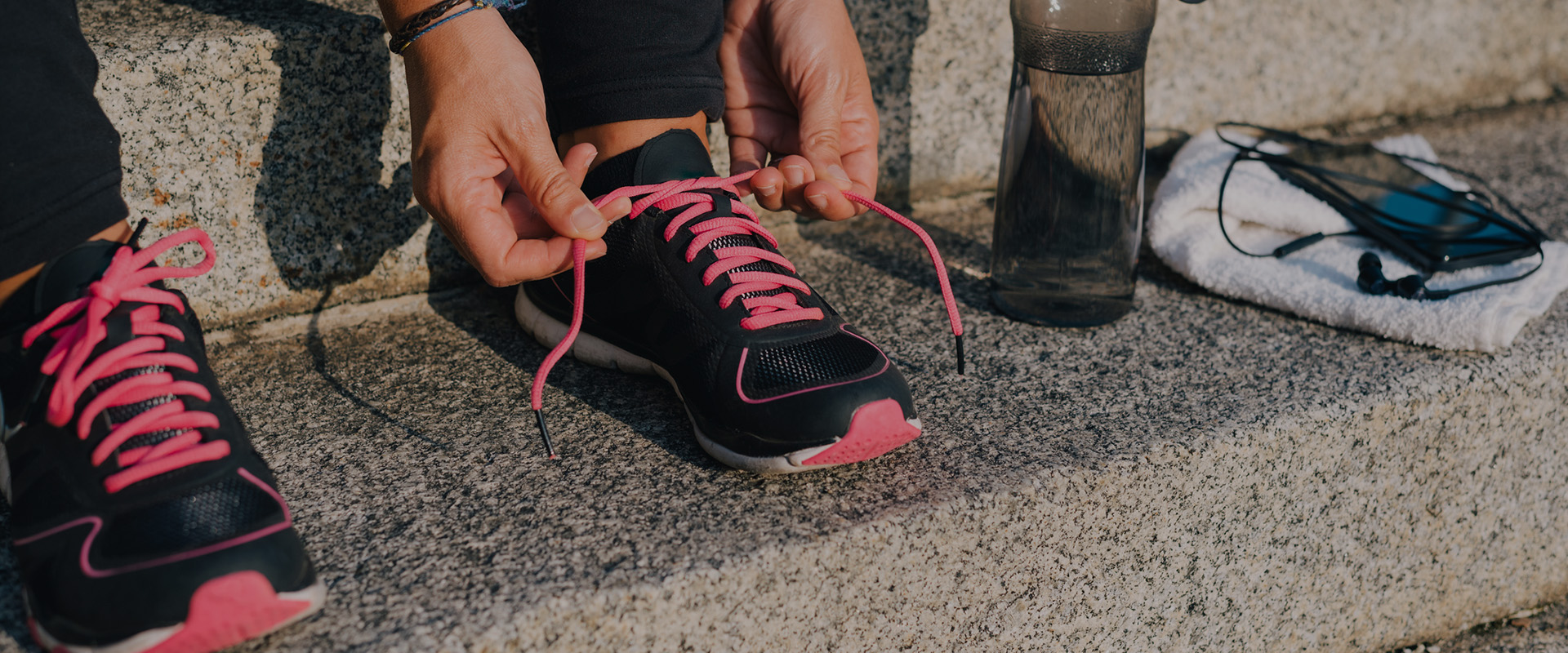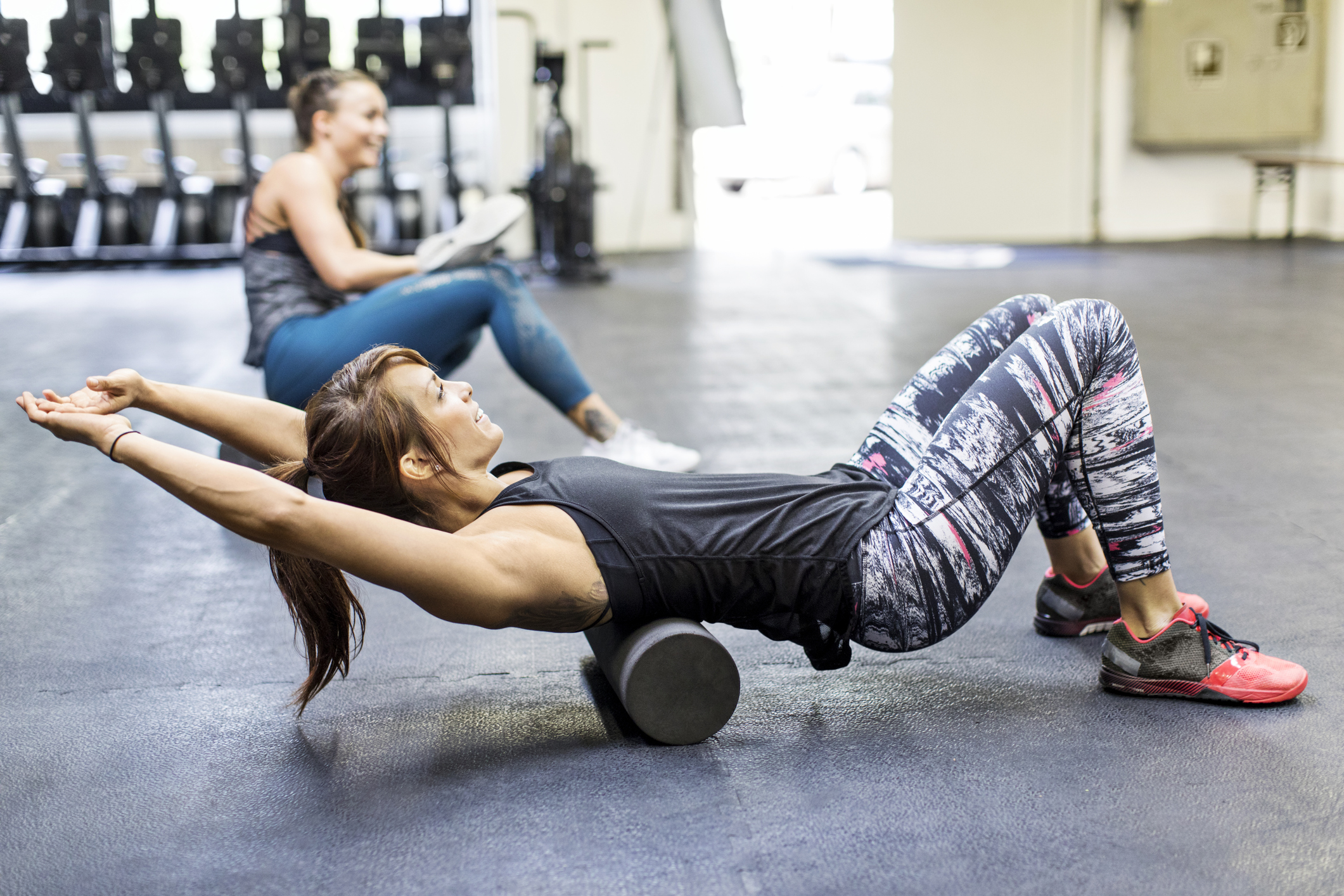-
Each day, around 50 Australian women are diagnosed with breast or gynaecological cancer, and 1 in 2 Australian men will be diagnosed with cancer by the age of 85. Whether it’s you or someone you love, this disease affects most of us.
These statistics are a good reason to do what we can to reduce our risk, but it’s hard to know what advice to follow. The most reliable source of information will always be backed by strong, scientific evidence. Current, leading research comes from the World Cancer Research Fund (WCRF), and has resulted in nine pieces of advice to reduce the risk of one third of all cancers.
1. Stay within a healthy weight range
One indication of a healthy weight is your BMI (body mass index), which is calculated by dividing your weight in kilograms by your height in metres squared. The healthy range is from 18.5 - 24.9, and while it has its limitations, it’s a valuable tool to help us maintain healthy weight.
2. Be active
Aim for 30 minutes of exercise every day, or 60 minutes if you’re fit. And keep off seats as much as possible – sitting for long periods can promote cancer risk.
3. Limit high energy foods and drinks
Soft drink, fast food and snacks like chips and chocolate are all high energy, and make healthy weight harder to maintain. They often contain high amounts of salt and the types of fats which promote cancer.
4. Love your plant foods
Five serves of vegetables and two serves of fruit is the general daily recommendation, and includes grain foods and legumes. An easy way to eat more of these is to serve your vegetables with something like brown rice, quinoa or chickpeas.
5. Limit red meat and processed meat
Aim for no more than 500 g of red meat a week (a portion the size of your fist is around 65g). Processed meats include anything smoked, cured, salted or chemically preserved (like bacon, salami and ham).
6. Limit your alcohol
While it’s better to not drink, aim for no more than one standard drink a day for women or two standard drinks a day for men. It’s also important to limit yourself to no more than four standard drinks on any one occasion.
7. Stay away from salt and mould
The WCRF recommends no more than 5 g of salt a day (this is a teaspoon). This isn’t easy, especially with the amount of salt added to everyday foods (like bread). While the overall goal is to eat more whole foods and fewer processed foods anyway, start looking at packaging and select foods with lower salt.
Also, grains and legumes contain aflatoxin, a type of mould which can cause liver damage (in rare cases). Always store these foods correctly and follow best before dates.
8. Eat food, not supplements
Supplements can’t replace all the fantastic parts of whole foods. Unless recommended by your doctor, aim for the food first, and keep your diet as complete as possible.
9. Breastfeed
Interestingly, breastfeeding for six months (followed by complementary feeding) can help protect both mother and baby from cancers.
9 ways to cut your risk of cancer

-
Everything you need to know about parkrun
Been wondering what a parkrun looks like? Where do you go? What do you do? How do you sign up? Find out here.
-
Five ways to exercise when on a budget
You don’t need to spend money on gym memberships just to meet your fitness goals. Here are five free ways to stay healthy and active when you’re living on a budget.
-
How parkrun changed my life
Christie Farrow went from being an exercise-phobe to a true blue runner with parkrun.
-
Australia's top female athletes unite on ACL injury
Some of Australia's most talented athletes have joined forces to highlight the unique injury challenges women face.
-
How to create your perfect summer fitness plan
Be inspired by the sunshine and get moving
-
The essential foam rolling routine
Improve posture and flexibility with this essential foam rolling routine. Discover effective stretches to ease muscle tightness and enhance your daily movement.
Subscribe to receive the best from Live Better every week. Healthy recipes, exercise tips and activities, offers and promotions – everything to help you eat, move and feel better.
By clicking sign up I understand and agree to Medibank's privacy policy

